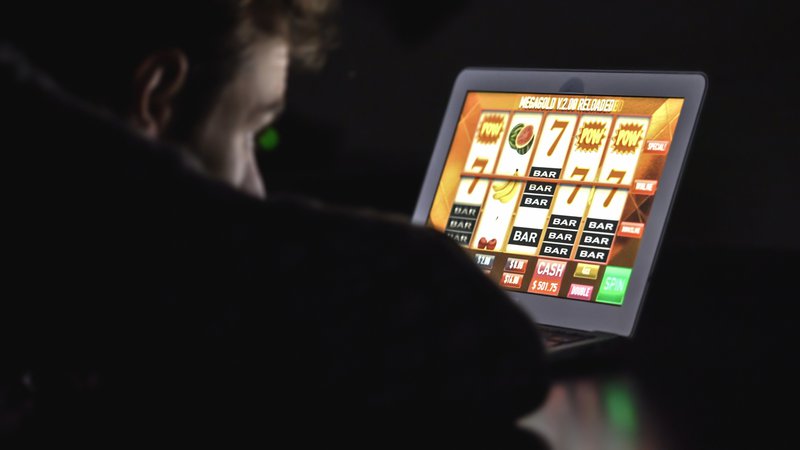Seven signs to tell if you are addicted to gambling
Updated | By Poelano Malema
March is Problem Gambling Awareness Month. Here is how you can identify if you have a gambling addiction and where to get help.

Gambling is meant to be a fun and entertaining activity. Sadly, it has the power to become an addiction and ruin lives.
According to Mayo Clinic, gambling can stimulate the brain's reward system, much like drugs or alcohol can, leading to addiction.
Although it is said that winners know when to stop, those who are addicted to gambling don't know when to draw the line.
The Responsible Gambling website describes a problem gambler as someone who continues to gamble despite the negative consequences or impact it may be having on his or her life, with no desire to stop.
The Problem Gambling Awareness Month organisers shared signs that show if a person is addicted to gambling.
Here they are:
Preoccupied with gambling
If you find yourself constantly thinking about gambling and planning how to get more money from gambling, then you might have a problem.
According to the website, "those who experience persistent thoughts of reliving past gambling experiences, planning the next venture, and thinking of ways to get money for gambling," have a gambling addiction.
READ: Do gambling and shopping mix?
Lying about gambling
One of the ways to realise if your gambling is out of control is if you have to lie to your loved ones about it.
You might find yourself lying about needing money for 'emergencies', while you know you are going to use it for gambling. You might even find yourself lying about your whereabouts or going home late because of gambling.
Some people might even lie to avoid confrontation with their family.
Borrowing money
Do you constantly need to borrow money from your loved ones in order to fulfil your gambling desires? That is a sign of an addiction.
Gambling addicts have to borrow money from credit cards, savings accounts, investment portfolios, retirement funds, and even from people to fund their bets or to pay for their losses.
Gambling to escape unpleasant emotions
If you find yourself running to gambling to help you deal with pain, disappointment or any unpleasant emotions, then you might have a problem.
Gambling is not meant to be a cure for your emotional troubles.
Learn how to deal with your problems and seek psychological help.
Relationship stress
One of the ways to find out if gambling is a problem is if it is causing friction in your relationships. A gambling addiction might also result in you jeopardising or losing important relationships and jobs.
READ: Dealing with finances in marriage
If you are constantly fighting with your loved ones or have to defend your gambling habits to them, that is a sign that gambling has become an addiction.
Also, check if you find yourself withdrawn from the people you love or the activities you love. That is another sign of a gambling problem.
Chasing your losses
A responsible gambler knows when to quit. If you find yourself trying to get back lost money by gambling more, it is a sign of a problem. You might end up using more money than you have budgeted for gambling.
Gambling with increasing amounts of money might not only leave you in debt but will affect your finances in a negative way.
READ: Husband left broke after wife gambles away over R58-million
Unable to stop gambling
Do you try to cut down on gambling or tell yourself that you are going to stop gambling, but find yourself going back? Then you are addicted.
Here is how to get help:
You can contact the South African Responsible gambling foundation. They offer free professional counselling services over the phone, as well as referrals for face-to-face treatment throughout the SARGF country-wide treatment professional network. The foundation's toll-free number is 080 000 6008.
Those who reside in Gauteng can contact Gamblers Anonymous SA on 060 624 7140 or 071 377 2746 and for those in KwaZulu-Natal, the hotline is 031 209 6359.
Show's Stories
-
Fashion for a cause: Durban SPCA's thrift fair
The Durban SPCA will be hosting a fashion extravaganza with Gecko Culina...
Stacey & J Sbu 18 hours ago -
uShaka Marine World reels in R14 Million lifeline
The eThekwini Municipality has reportedly approved a R14 million cash in...
Stacey & J Sbu 19 hours ago